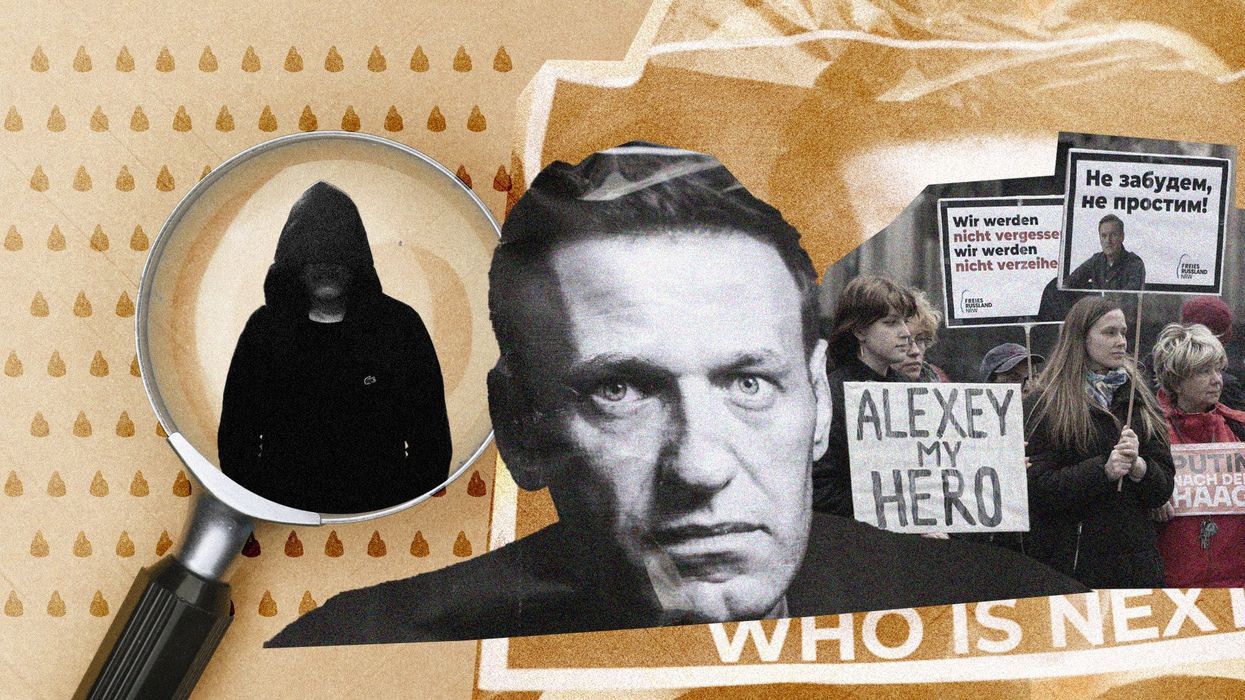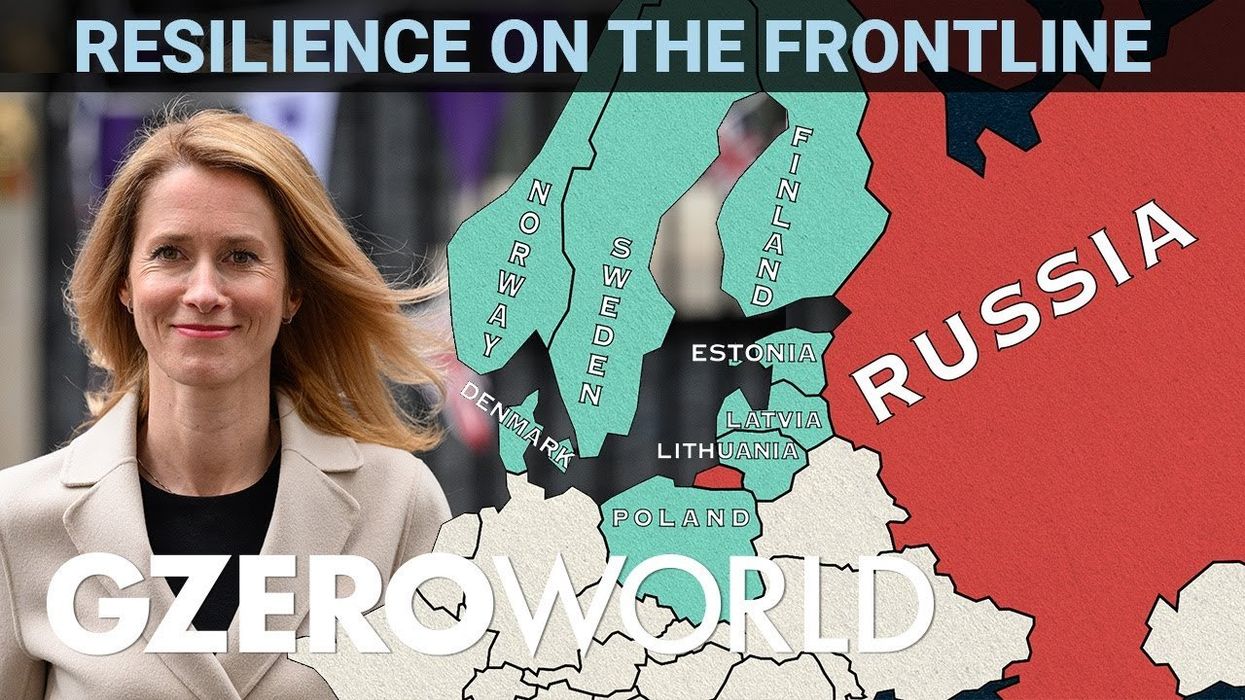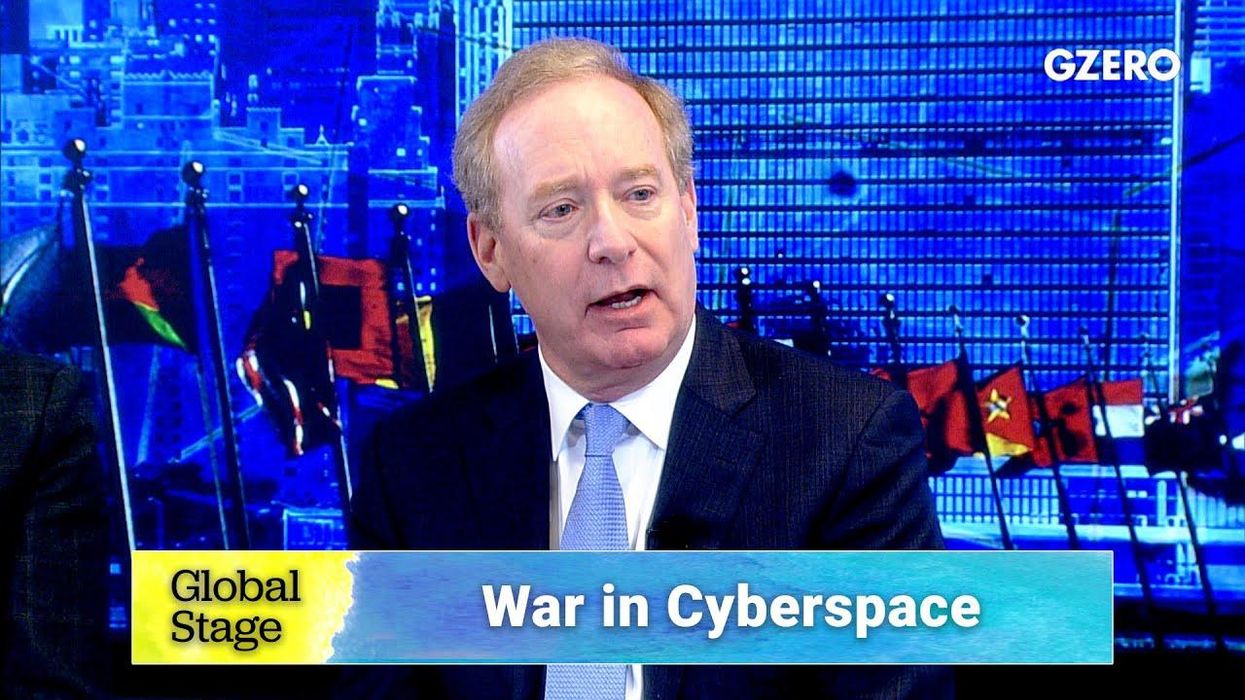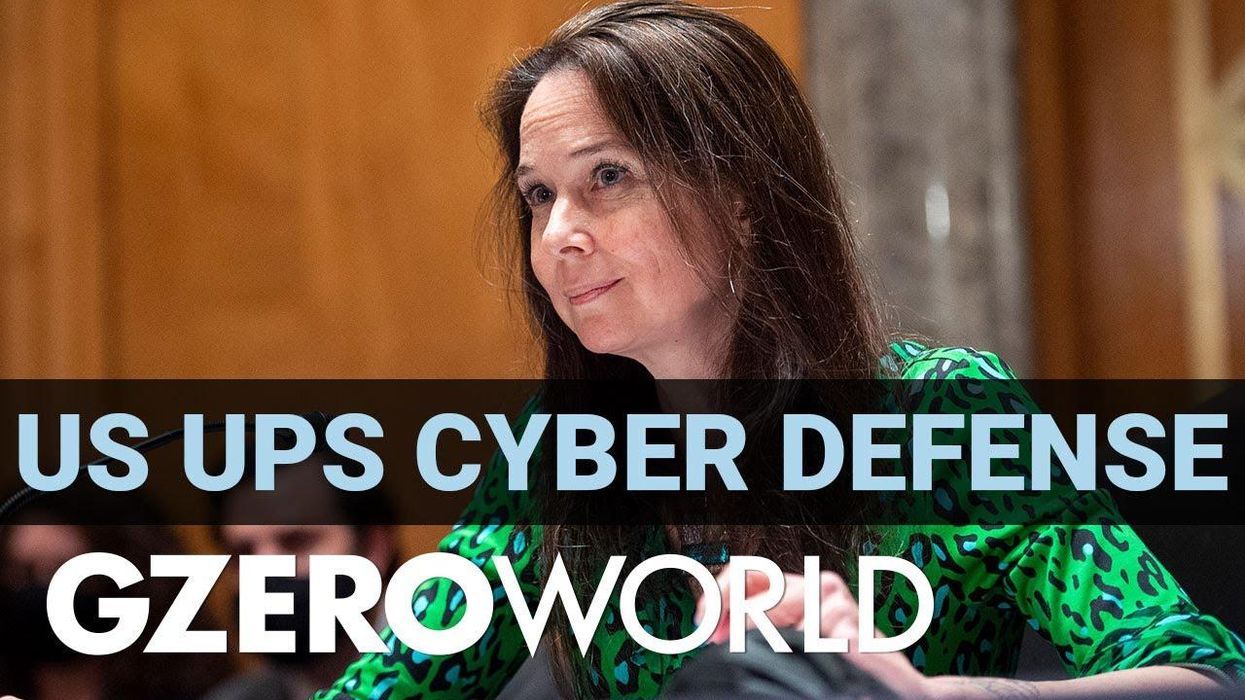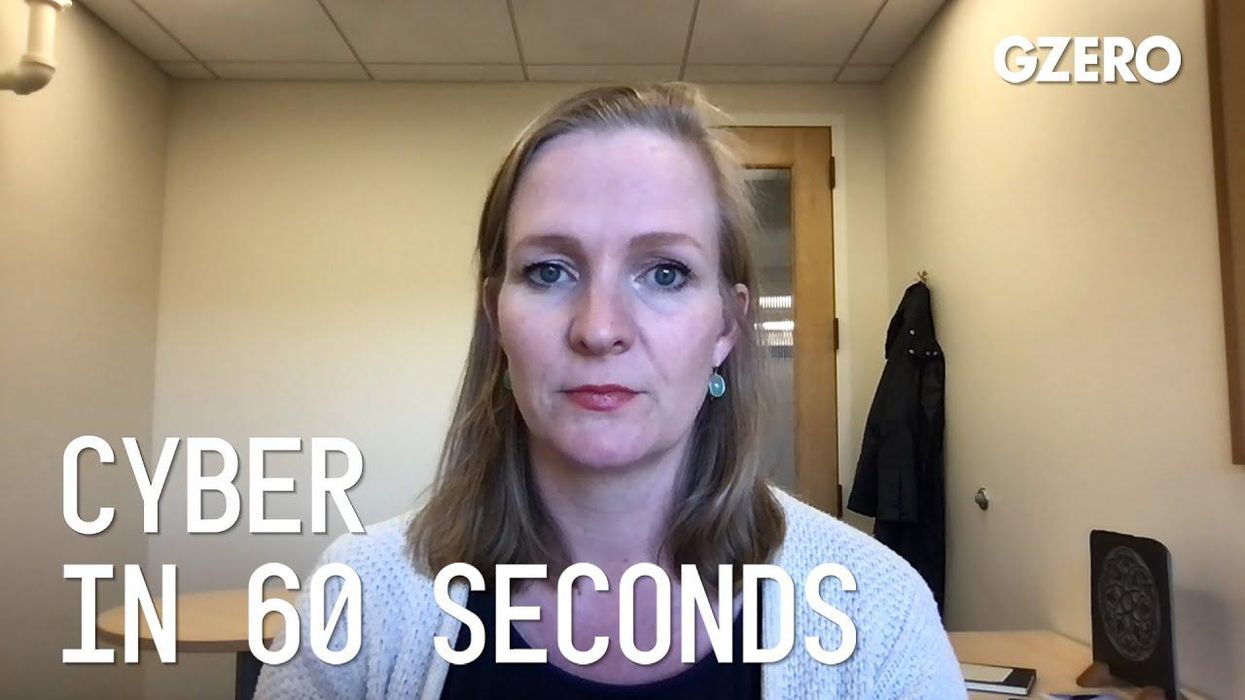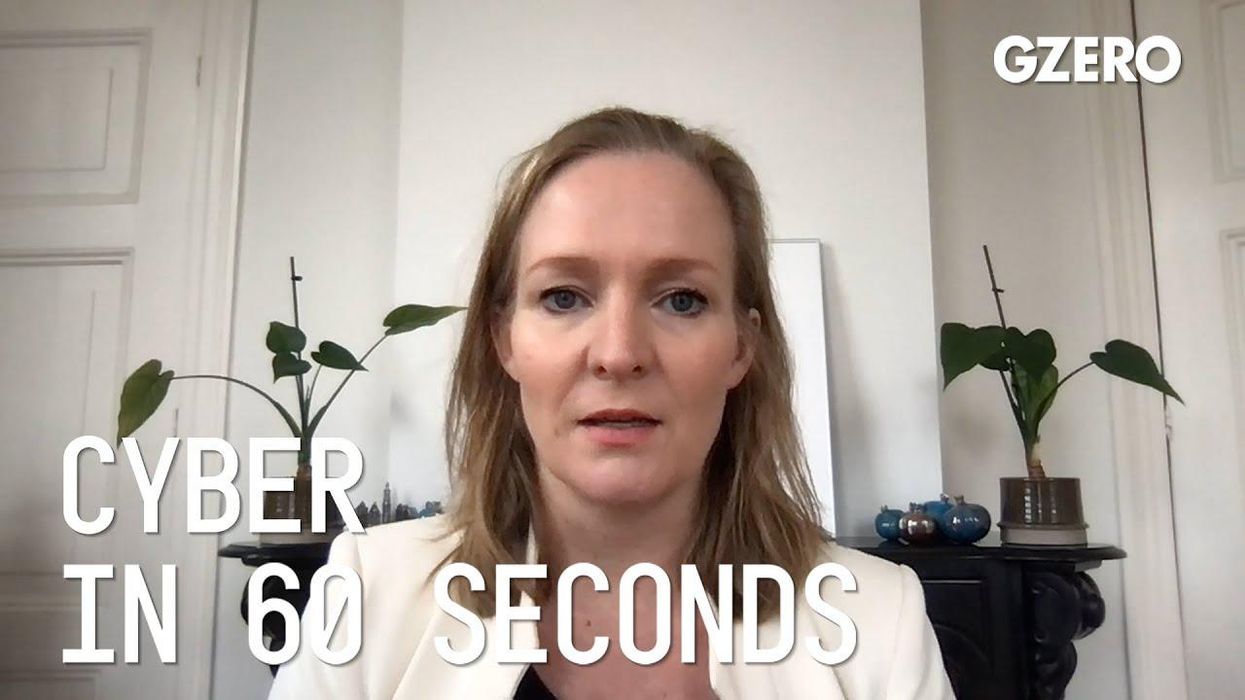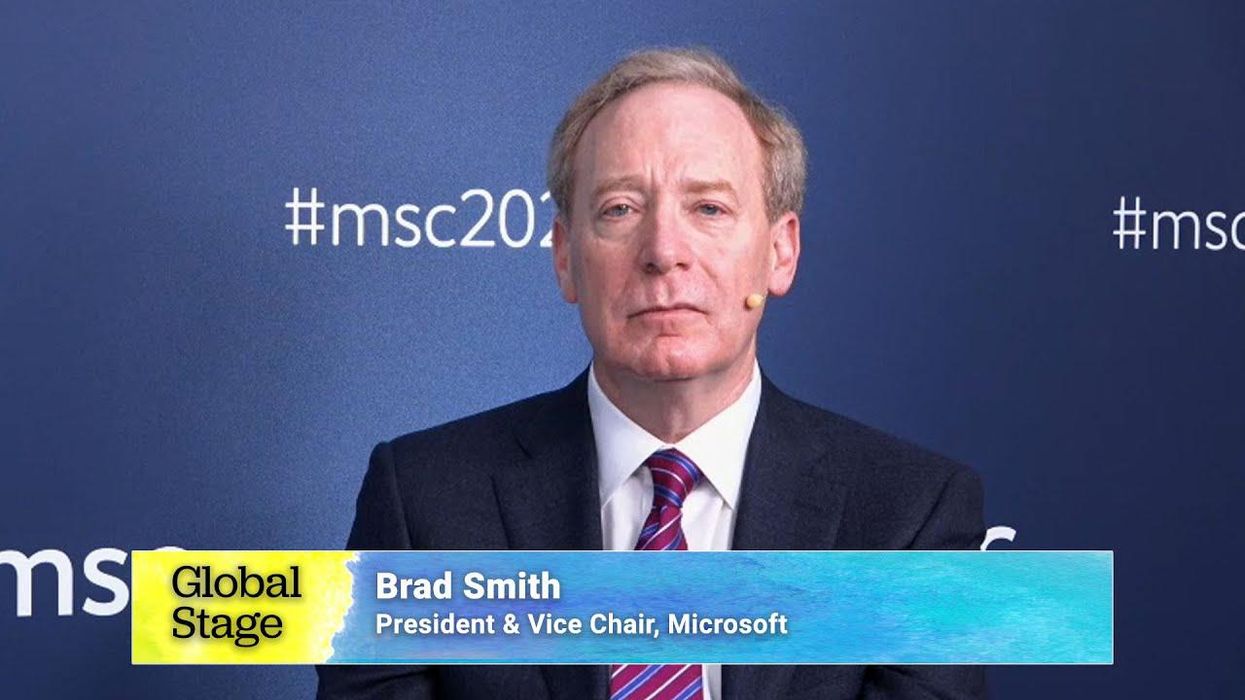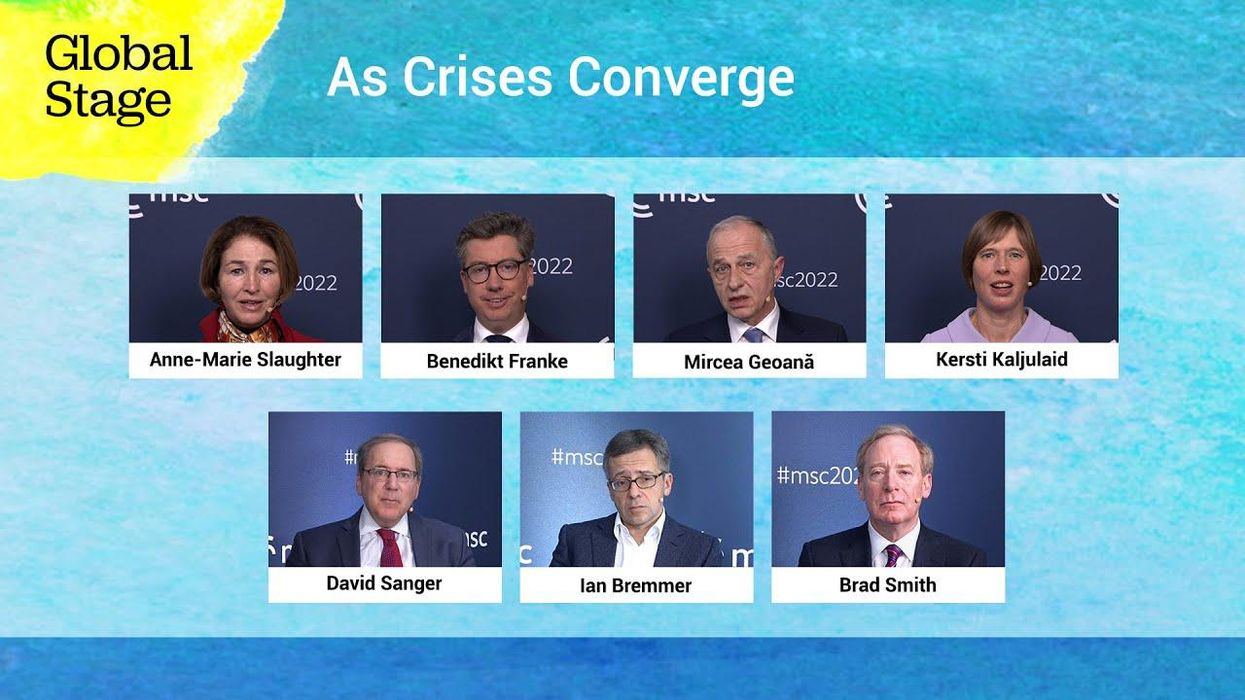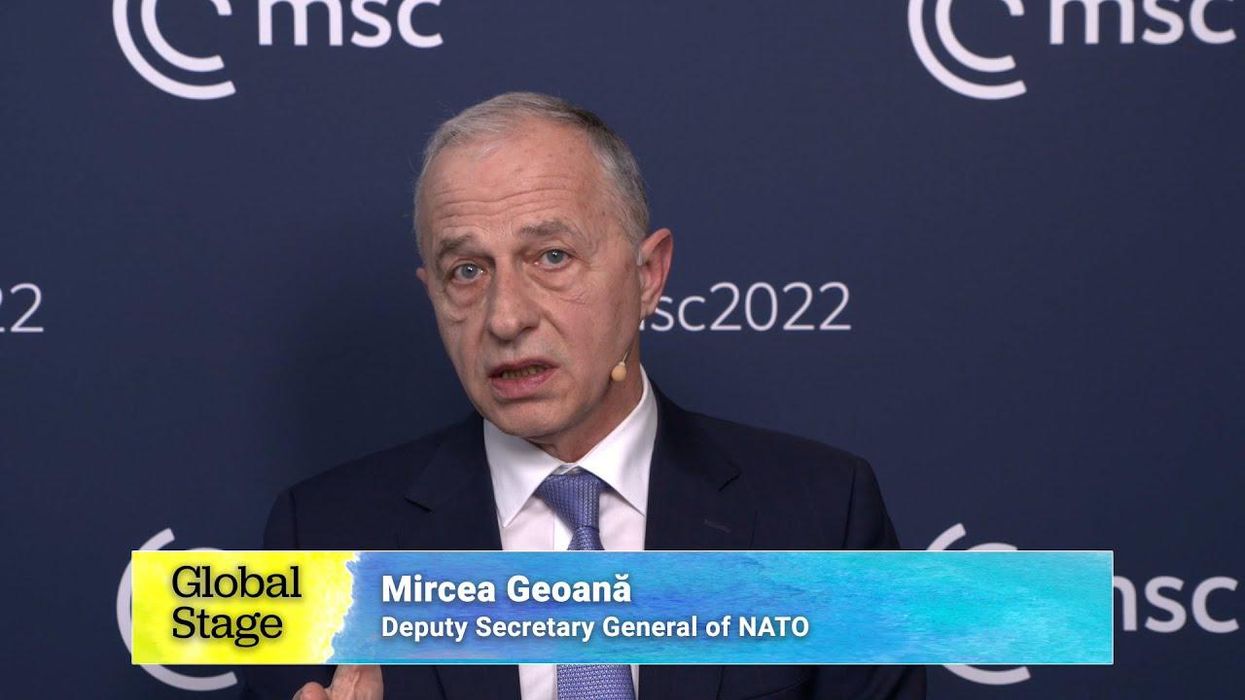GZERO North
Tracking anti-Navalny bot armies
In an exclusive investigation into online disinformation surrounding online reaction to Alexei Navalny's death, GZERO asks whether it is possible to track the birth of a bot army. Was Navalny's tragic death accompanied by a massive online propaganda campaign? We investigated, with the help of a company called Cyabra.
Feb 22, 2024
